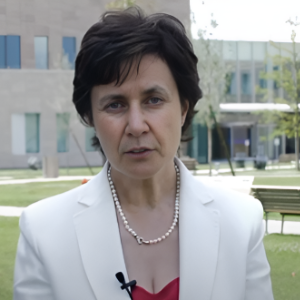Title : Microbiota and pregnancy
Abstract:
For decades the endometrial cavity has been considered a sterile environment, but this belief has been challenged since the late 1950s. However, it is only from the beginning of the 2000s that it was possible to define the characteristics of the microbiota in the uterine cavity due to the techniques of sequencing the bacterial genetic material (Baker et al. 2018). There is an increasing number of hypotheses in literature about how eubiosis of endometrial microbiota can decisively contribute to endometrial receptivity. In fact, studies on animal models have shown how Bacteroides fragilis, is able to promote the differentiation of Foxp3+ regulatory T lymphocytes through the production of polysaccharide A and that L. delbrueckii and L. rhamnosus lactobacilli stimulate dendritic cells to produce antiinflammatory cytokines such as interleukin 1 and interleukin 2 (Inversetti et al. 2023). Pathological alteration of the endometrial microbiota could affect the integrity of the endometrial barrier, which, if damaged, may allow the passage of bacterial peptides, that recall plasma cells and neutrophils and activate lymphocytes resulting in an inflammatory state at the endometrial stroma (Zhu et al. 2022; D'Ippolito et al. 2018).
Certainly better known than the endometrial cavity, the vaginal microbiota has been the subject of numerous studies over the years, in particular for looking at the possible correlations between vaginal dysbiosis and premature birth and for the influence of vaginal microbiota on the development of the unborn child (Tirone et al. 2022; Masucci et al 2023).




